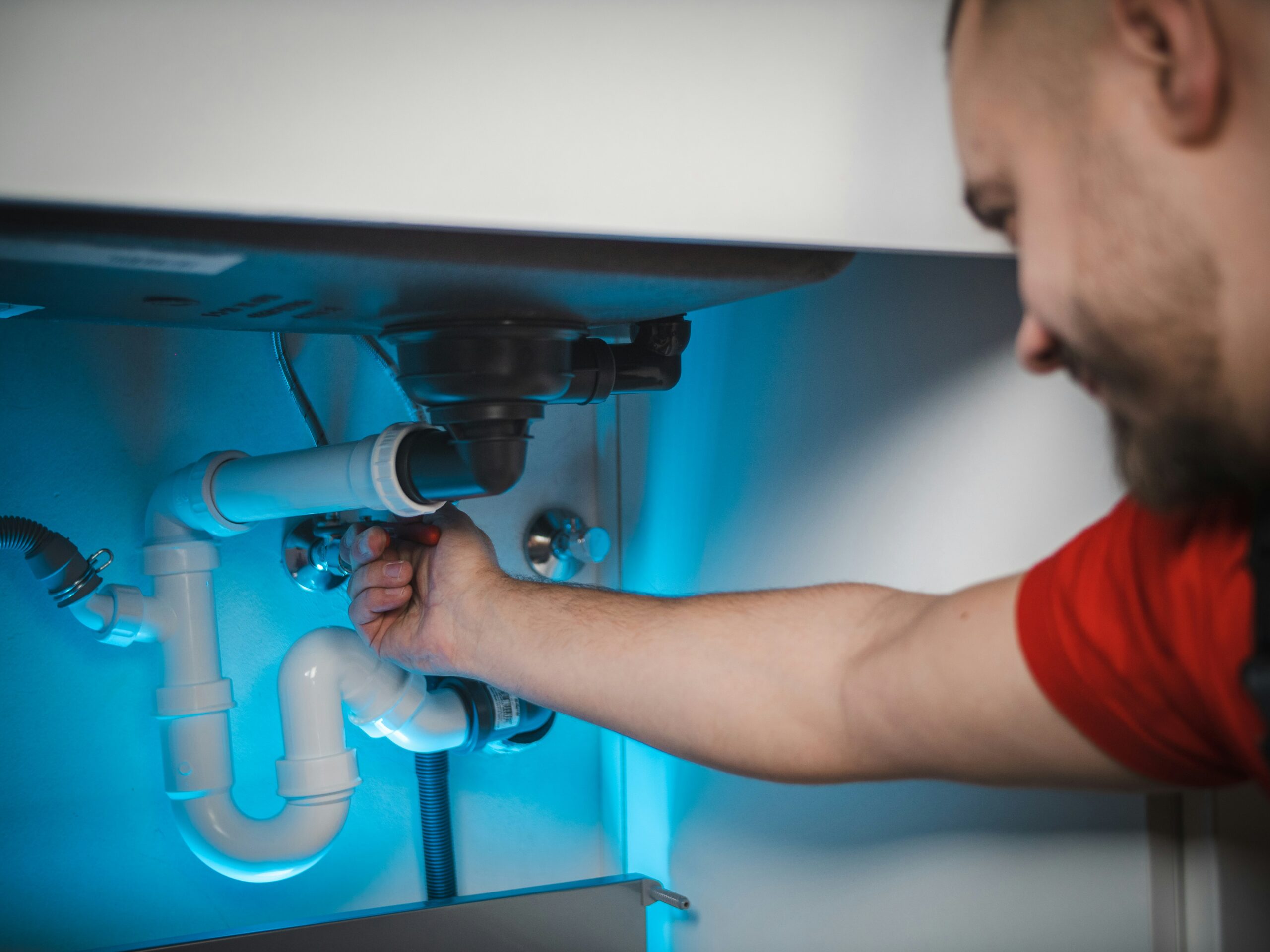Key Takeaways
- Plumbing inspections are among the top causes of NSPIRE inspection failures.
- Early detection and preventive maintenance during plumbing inspections save both time and money.
- Partnering with professionals ensures full compliance and peace of mind before inspection day.
When it comes to NSPIRE plumbing inspections, plumbing systems are among the most critical components inspectors review. A single leak, blockage, or missing valve can quickly escalate into a costly failure — impacting compliance scores and putting HUD funding at risk.
For property managers, understanding what inspectors look for during plumbing inspections is essential. Being proactive not only helps you stay compliant but also protects your property’s reputation and long-term value.
Why Plumbing Inspections Matter Under NSPIRE
Under HUD’s NSPIRE standards, plumbing deficiencies fall into several categories — ranging from life-threatening to moderate — depending on their impact on health and safety. Common issues, such as leaks, low water pressure, or drainage problems, can quickly escalate into violations if not addressed.
Regular plumbing inspections ensure that every fixture, pipe, and drain meets federal requirements for functionality and resident safety. These standards are designed to prevent unsafe living conditions while helping property owners maintain funding eligibility and high inspection scores.
Common Plumbing Deficiencies Inspectors Check
Leaks and Water Damage
Inspectors look for visible leaks around sinks, toilets, and water heaters, as well as water stains that signal hidden damage. Even small leaks can be classified as moderate or severe if they pose a mold risk or structural deterioration. Addressing these early helps prevent costly emergency repairs.
Drainage and Blockages
Proper drainage is a major compliance factor. NSPIRE inspectors test sinks, showers, and toilets to confirm water flows freely and doesn’t back up. Blocked sewage systems or drains are automatic fail conditions, requiring correction within 30 days — or sooner if they pose health hazards.
Fixture Functionality and Hot Water Supply
Every fixture must function as intended. Inspectors ensure that all units have working sinks, toilets, and showers with both hot and cold water. According to HUD NSPIRE Health & Safety Criteria, indoor temperatures must stay at 64°F or above during heating months — so malfunctioning water heaters can lead to violations.
Water Heater and Pressure Relief Valve
Water heaters are tested for leaks, corrosion, and safety compliance. Missing temperature and pressure relief (TPR) valves or capped discharge pipes are considered severe deficiencies. Proper installation and routine inspection are key to preventing hazards and failed inspection points.
For a detailed look at maintenance best practices, visit our NSPIRE Property Maintenance Best Practices guide.
How Property Managers Can Prepare for a Plumbing Inspection
Preparing ahead of time is the best way to ensure your property passes inspection the first time. Here’s how to get started:
- Conduct quarterly internal inspections using a detailed plumbing checklist.
- Document all maintenance activities and repair histories.
- Schedule professional pre-inspections to uncover hidden compliance issues.
- Perform preventive maintenance such as flushing water heaters, testing GFCI outlets near sinks, and checking drain traps for clogs.
The Role of Professional Pre-Inspections
Partnering with experts can make the difference between passing and failing an NSPIRE inspection. At NSPIRE Experts, our team identifies, documents, and fixes plumbing deficiencies before HUD inspectors arrive. We provide detailed reports, same-day repairs, and on-site advocacy during your inspection — ensuring nothing is overlooked.
Our pre-inspection services help property managers save time, reduce costs, and maintain HUD compliance with confidence.
Contact us today at NSPIRE Experts to schedule your next pre-inspection.
FAQs About Plumbing Inspections Under NSPIRE
Q1: What are the most common plumbing deficiencies under NSPIRE?
Leaks, blocked drains, missing TPR valves, and nonfunctional fixtures are the most frequently cited issues.
Q2: How often should plumbing systems be inspected?
Quarterly internal reviews are recommended, with professional pre-inspections annually or before every HUD assessment.
Q3: What happens if my property fails a plumbing inspection?
Depending on severity, HUD allows 24 hours to 30 days for correction. Partnering with a professional ensures timely repairs and documentation.
